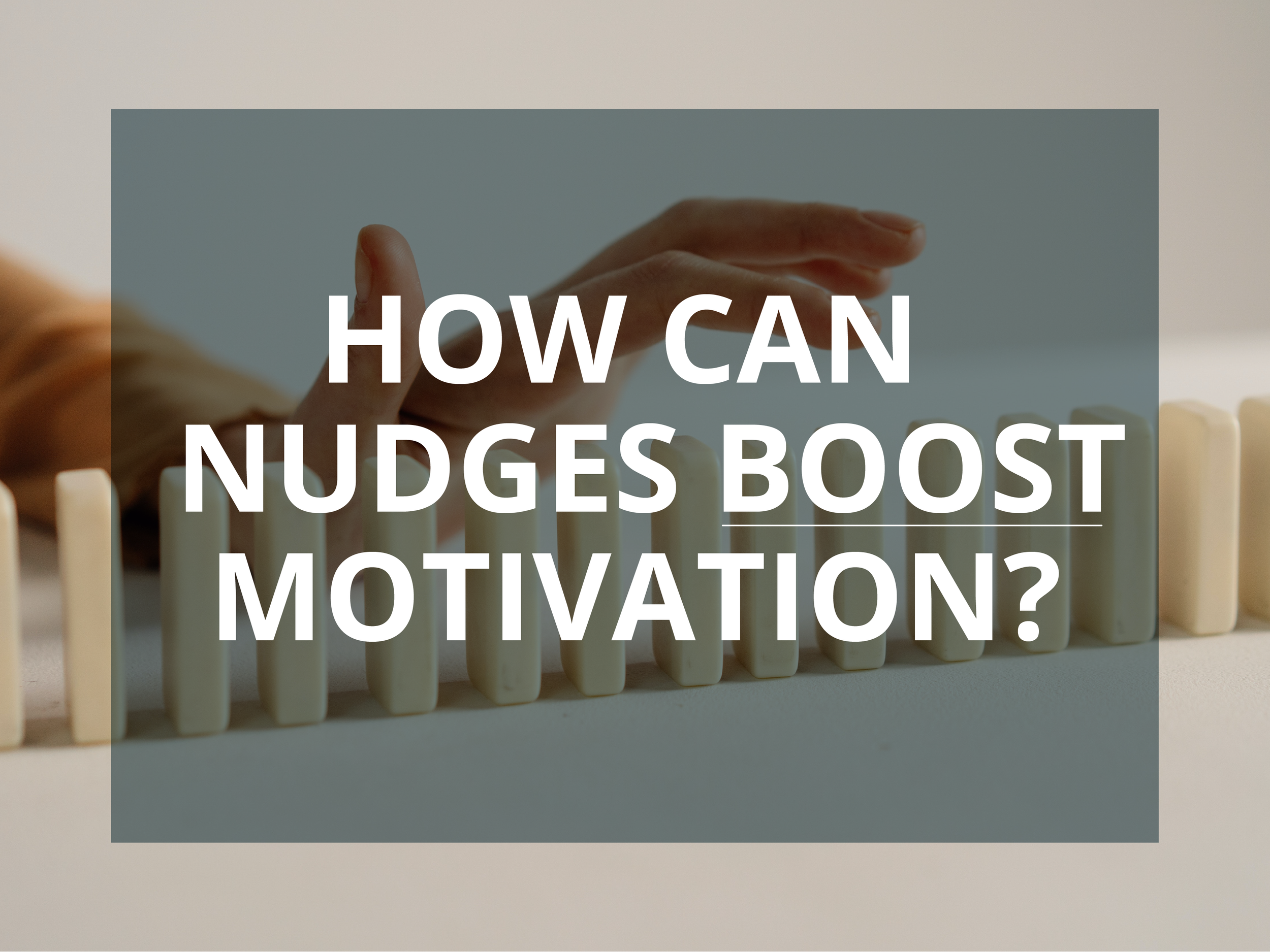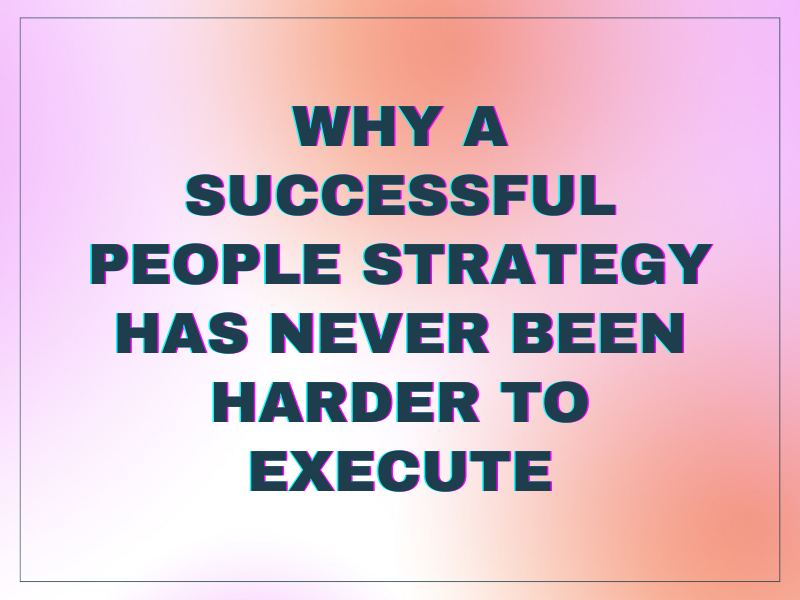Millions of Americans have voluntarily quit their jobs over the past year, and millions more today are burnt out or disengaged by their work. Here at Attuned, we view these issues through a psychological lens that emphasizes the concept of motivation. It’s why we created a psychometric assessment that helps employees and organizations visualize and better understand the things that motivate them.
Nudges also play a big part in how the Attuned platform helps people harness motivation, drawing on years of academic research to create simple, timely prompts, or ‘nudges’, that help managers keep their team’s values—and the best way to leverage them—top of mind.
To learn more about the concept of nudging, download our latest White Paper free here, or read on to learn about three significant studies that have shown how nudges can boost motivation and prevent burnout.








